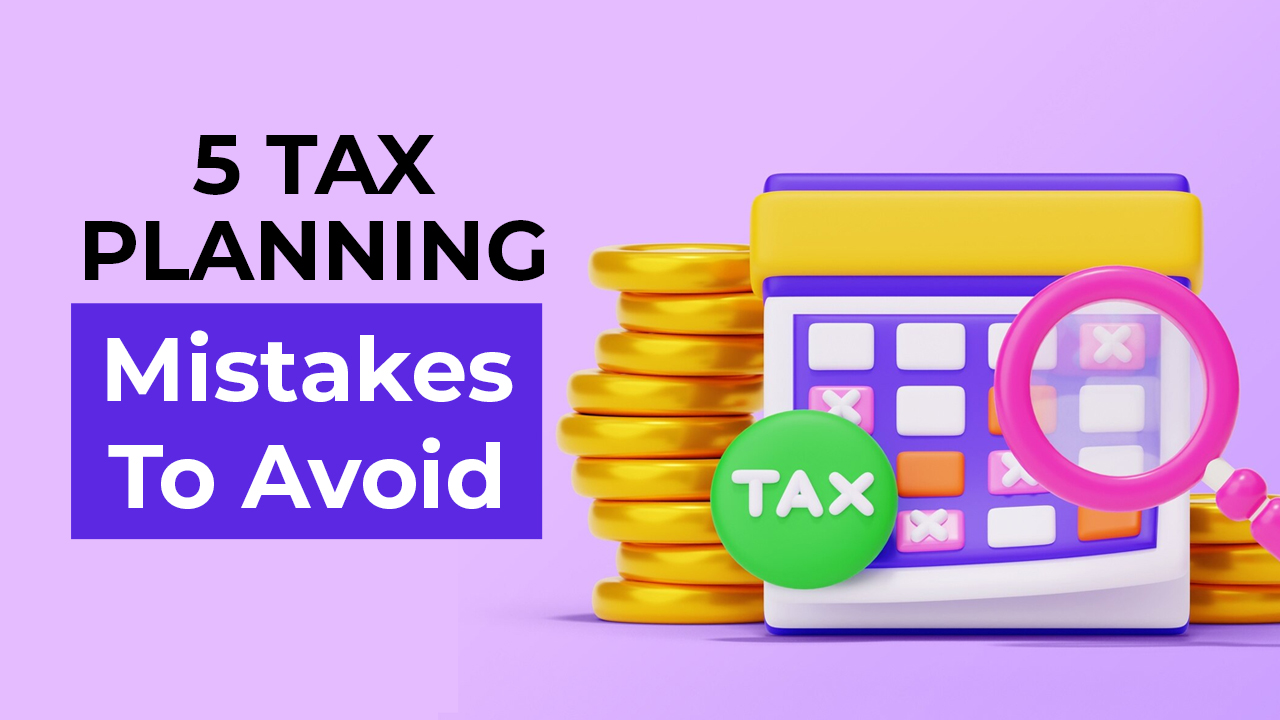If you’re one of those who’ve delayed tax planning until the last minute, watch out for these mistakes.In a column in ET Wealth, Sudhir Kaushik the CEO of Taxspanner.com lists common tax planning mistakes to avoid:
Use the full limit
Under the old income tax regime, individuals can claim deductions of up to Rs. 1.5 lakh under Section 80C and an extra Rs. 50,000 for NPS contributions under Section 80CCD(1b). There are also deductions available for medical insurance premiums for self, family, and parents, as well as the interest on home and education loans. However, not all taxpayers use these deductions fully.
ALSO READ | Tax Deducted at Source guide: Know TDS rates for various incomes in FY 2024-25 – check list
Avoid overinvesting
On the flip side, some taxpayers might be overinvesting to save on taxes. Expenses like tuition fees for up to two children are eligible for deduction.
For those repaying a home loan on a self-occupied house, the interest is deductible under Section 24, while the principal portion of the EMI is deductible under Section 80C. Additionally, the interest earned on NSCs can also be claimed as a deduction. When you add up these deductions, many taxpayers might find they’ve already surpassed the Rs 1.5 lakh deduction limit under Section 80C. While overinvesting doesn’t necessarily result in a loss, it does tie up your capital in investments for 3-5 years.
Plan wisely
Tax planning is essentially a form of financial planning. It’s crucial for individuals to integrate tax-saving investments into their overall financial strategy. However, this integration is only possible if one carefully evaluates the usefulness of each financial product before investing. Deductions like those offered under Section 80C provide ample opportunities to address gaps in one’s financial plan.
For example, invest in ELSS funds if you need exposure to equities in your portfolio, purchase an insurance policy for life cover, contribute to the NPS for retirement savings, opt for NSCs or fixed deposits if you require funds in five years and can’t tolerate risks, and consider contributing to the PPF for the stability of a long-term fixed income option. Essentially, your tax-saving investments should align with your long-term investment goals.
Assess long-term commitments
Refrain from entering into multi-year financial commitments without comprehensively understanding the product and its fit within your financial plan. Life insurance policies, for instance, demand a long-term commitment, and terminating them prematurely can result in significant losses. Before purchasing such policies, evaluate your need for life insurance coverage, your capacity to pay premiums for the entire term, and your willingness to accept returns averaging between 5-6%. If opting for a ULIP, ensure thorough comprehension of all its features, particularly the switching facility that enables adjustments to the portfolio’s asset mix.
ALSO READ | Tax Savings for FY 2023-24: 5 alternative options beyond Section 80C
Diversify investments
The strong performance of equity markets has resulted in impressive returns for ELSS funds over the past few years. These funds have delivered returns of 37.4% in the last year and an annualized return of 18.1% over the past three years. However, it’s important to remember that ELSS funds are equity-based, and investing a significant sum all at once in a market that may be overvalued is not advisable. If you need to invest Rs. 50,000-60,000 under Section 80C before March 31, consider allocating only Rs 15,000-20,000 to ELSS funds and placing the remainder in safer options like PPF, NSCs, or tax-saving FDs. This strategy helps diversify your investments and manage risk effectively.
Consider tax implications
It’s a paradox, but many investors eager to save on taxes often overlook the tax implications of their tax-saving investments. Income from fixed deposits and NSCs is fully taxable, resulting in very low post-tax returns. On the other hand, gains of up to Rs 1 lakh from ELSS funds are tax-free, while gains beyond this threshold are taxed at 10%. However, as mentioned earlier, investing large sums at once in ELSS funds may not be the optimal approach.
The NPS offers a balanced solution. Investors can allocate even significant amounts to the debt funds of the pension scheme and claim tax deductions. Subsequently, they can gradually transition to equity funds, thus enjoying tax benefits while managing risk effectively.


